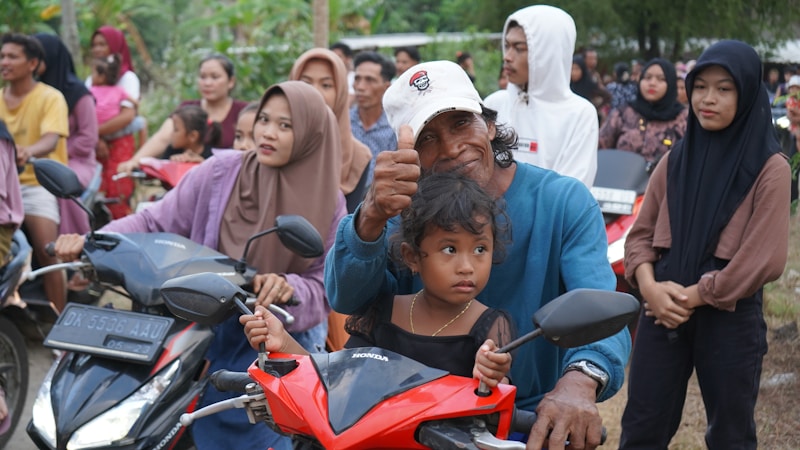Exploring Family Traditions in Modern Matrimony: Bridging Generations and Cultures
Understanding Family Traditions in Modern Matrimony
In a world that is rapidly changing, the essence of family traditions in modern matrimony remains a cornerstone of cultural identity and personal relationships. As marriages evolve, they increasingly reflect a blend of historical customs and contemporary values. In this article, we will explore how family traditions impact Modern weddings, the significance of these rituals, and the challenges and benefits that come with integrating old practices into new unions.
The Significance of Family Traditions
Family traditions play a crucial role in reflecting a family’s identity and values. They are a means of honoring heritage while fostering a sense of belonging. In modern matrimony, traditions can take various forms, from ceremonies and rituals that signify union to celebrations that bring families together.
Cultural Dimensions of Marriage Traditions
Every culture has unique wedding traditions that convey messages of love, respect, and commitment. For instance, in many Western cultures, the exchange of wedding rings symbolizes eternal love, while in Indian weddings, the concept of 'Saptapadi'—the seven sacred steps—highlights the couple's commitment to walk together through life.
| Cultural Contexts | Traditional Practices |
| Western (USA, Europe) | Exchanging of rings, white wedding dress |
| Indian | Mehndi ceremony, Saptapadi |
| Chinese | Tea ceremony, red dresses |
| African | Bridal price, colorful attire |
Modern Matrimony: A Fusion of Old and New
Modern marriages often embrace a fusion of various family traditions, intertwining diverse backgrounds and beliefs. Couples may choose to merge their respective customs, creating unique ceremonies that pay homage to their roots while establishing their identity as a new family unit.
Challenges in Maintaining Family Traditions
While maintaining family traditions can enrich the wedding experience, it also poses challenges. Couples may face external pressures from family members to adhere strictly to traditional practices, leading to potential conflicts. Moreover, differing interpretations of customs between partners can create friction.
The Role of Technology in Changing Traditions
In today's digital age, technology significantly influences how family traditions are expressed in Modern weddings. Virtual weddings, live streaming, and social media platforms have transformed the way ceremonies are conducted and shared. This technological shift can help couples stay connected with family members who cannot attend in person, yet it can dilute the intimacy often found in traditional celebrations.
Incorporating Family Traditions in Contemporary Celebrations
Couples looking to integrate family traditions into their weddings can consider several approaches:
- Personalization: Tailor traditions to resonate with both families, creating a mosaic of customs.
- Consultation: Engage family members in discussions about which traditions are most meaningful to incorporate.
- Creative Adaptation: Modify traditions to fit modern contexts, ensuring they remain relevant and celebratory.
Successful Examples of Blended Traditions
Many couples have successfully blended their family traditions, resulting in beautiful ceremonies that honor both backgrounds. For example, a couple from diverse cultural backgrounds might hold a ceremony that incorporates a traditional African bridal price along with a Western-ring ceremony, creating a rich tapestry of experiences.
Celebrating Family Values in Weddings
Ultimately, family traditions in modern matrimony serve as a way to celebrate the values that families hold dear. These traditions are not merely ceremonial; they represent love, commitment, and the intertwining of lives. As couples navigate the path of marriage, they have the opportunity to create a rich narrative that honors their past while looking forward to the future.

Conclusion: Navigating the Future with Tradition
As we move deeper into the 21st century, the relevance of family traditions in modern matrimony will continue to evolve. Couples are encouraged to reflect on their family histories, engage in meaningful dialogue about traditions, and embrace a journey that honors both partners’ backgrounds. Balancing contemporary values with traditional practices can enhance the wedding experience, fostering a deeper connection not only between the couple but also among families.
In conclusion, family traditions in modern matrimony represent more than just rituals; they embody the love, respect, and commitment that couples aspire to uphold throughout their married lives. Navigating these waters can be challenging but culminates in a celebration that pays homage to the past while paving the way for the future.